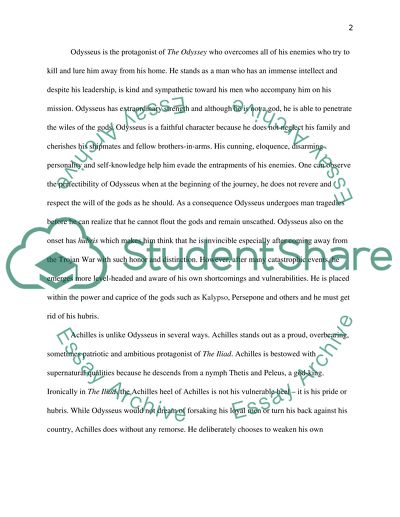Cite this document
(“A Comparative Study of The Illiad and The Odyssey in Genre, Language, Essay”, n.d.)
Retrieved de https://studentshare.org/literature/1439869-using-the-odyssey-by-homer-and-iliad-by-homer
Retrieved de https://studentshare.org/literature/1439869-using-the-odyssey-by-homer-and-iliad-by-homer
(A Comparative Study of The Illiad and The Odyssey in Genre, Language, Essay)
https://studentshare.org/literature/1439869-using-the-odyssey-by-homer-and-iliad-by-homer.
https://studentshare.org/literature/1439869-using-the-odyssey-by-homer-and-iliad-by-homer.
“A Comparative Study of The Illiad and The Odyssey in Genre, Language, Essay”, n.d. https://studentshare.org/literature/1439869-using-the-odyssey-by-homer-and-iliad-by-homer.


